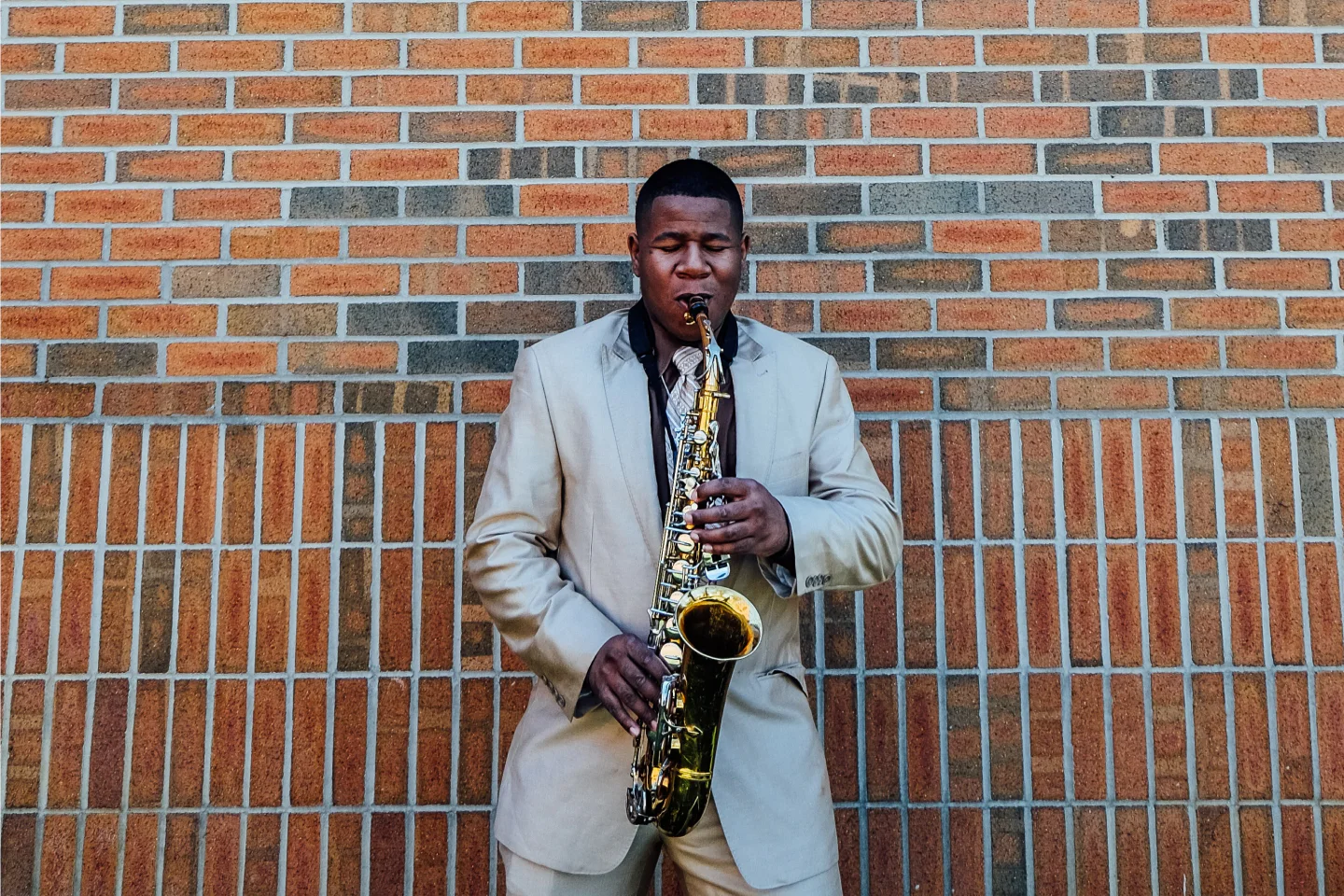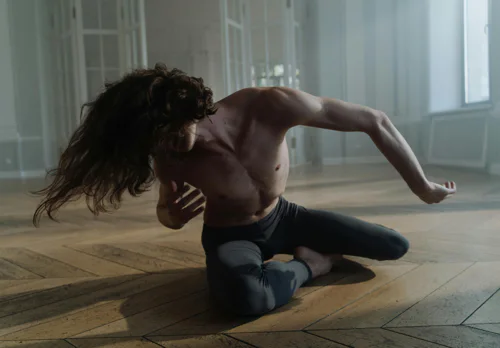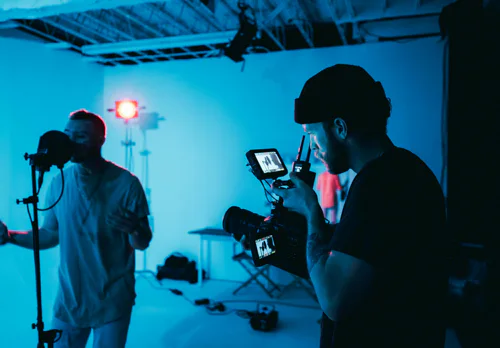What qualities should a prospective musician have?
Budding musicians have a natural talent at best. Because if you learn quickly, you enjoy practicing and therefore do it more often. That's what the music business is all about: Practice makes perfect. However, the quantity of practicing does not always lead to success; quality is much more important. Practicing under the supervision of a qualified teacher contributes first and foremost to quality practice. In the following, we will tell you how to practise properly and thus improve your performance.
In order to make progress, you need to be able to accept criticism and take action based on it. However, healthy self-confidence is essential in order not to take all feedback too much to heart and break down as a result. First and foremost, you have to be convinced that you are good and can do it.
Experienced mentors can offer optimal support, among other things, because they know the industry, have tips on what works in the studio and on stage, how best to prepare and which steps make sense next. They also often have good contacts and can refer you on if necessary.
It is important for beginners to take care of both their instruments and their health. The physical strain that comes with hours of concentrated playing should not be underestimated. Fingers, arms, back and neck are vulnerable parts of a musician's body.
A useful skill that young musicians should be able to do is sight-reading. Of course, you can also play by ear, but it is helpful if you can do both. If you have to memorize several pieces at once, sheet music is a useful aid. If you also intend to compose music yourself later on, there's no getting around reading music.
What vocational training is required?
State-recognized music training is compulsory for professional classical musicians who wish to perform on stage as solo artists or in an orchestra. Future employers require proof of completed classical training. In order to have good chances on the job market, the majority of talented musicians naturally want to study at one of the most renowned music universities. Some of these are located in Austria, for example, such as the Mozarteum University Salzburg or the University of Music and Performing Arts Vienna. Young artists from all over the world apply to these universities.
In order to be accepted, they have to pass highly demanding entrance examinations. In these, applicants must demonstrate their instrumental and general musical skills (e.g. practical listening tests, answering questions from musicology, etc.). Only the very best are offered a place. It therefore stands to reason that most candidates start making music in their infancy and take pre-study courses in order to position themselves as far ahead as possible at the audition.
So if you are aiming for a classical career, you should seek musical training early on, even before you start university.
Examples of course content - theory & practice:
Improvisation
chorus
accompaniment
Acoustics
Ear training
instrument studies
Music history
The curriculum focuses primarily on practical playing and practicing the instruments. Musicians already play in bands or perform as solo artists during their training. If you need additional practice, you should look for lessons outside of your studies.
There is no clearly prescribed training path in the other genres. Artists who want to study are welcome to do so. However, it is not compulsory in order to have a successful career. However, musicians who want to get started without a degree or solid training will soon realize that they won't get very far. There is an incredible amount of good talent out there that can pass you by in the blink of an eye if you have better skills. In addition to private practice, lessons or coaching from a music teacher are therefore recommended.
How do I practice correctly?
As previously mentioned, the quantity of practicing does not create musical geniuses. On the contrary, many musicians are unable to develop their true potential due to incorrect practicing. Incorrect practicing overstresses the body, which can lead to permanent complaints. To prevent this, we have collected a few tips that can improve the quality of practicing.
Tips for practising sensibly
Start learning notes slowly and gradually approach the prescribed tempo.
Warm up before all rehearsals or performances. Stretch the muscles that are used the most when playing your instrument, e.g. pianist: hands, fingers, arms, neck and back.
Take frequent breaks and recover.
Integrate passive and silent practice sessions by listening to other performers, incorporating them into your own playing and then listening to them.
Be motivated to practise. Because if you are not, your brain will only incompletely store what it has learned, which it regards as meaningless. Practicing without motivation is therefore absolutely pointless.
How do I convince people in the application process for a first job?
When casting or auditioning for a job, the sound is crucial. Contacts cannot help you here. Your own ability alone decides whether you succeed or fail.
For orchestral positions in classical music, musicians have little room for creative interpretation. The jury judges a musician's ability much more on the basis of how close the performance comes to the original. If the artists imitate pieces one-to-one with the right tonality, volume, tempo and rhythm, they can make it onto the shortlist.
In other genres, musicians are more likely to win if they are brave and present new versions of songs or their own. This way, they are more likely to stand out and prove their musicality and creativity.
Whether the jury members like an artist's performance is ultimately a matter of taste, apart from the above criteria. You can't really prepare for that, but you can prepare for a flawless performance.























